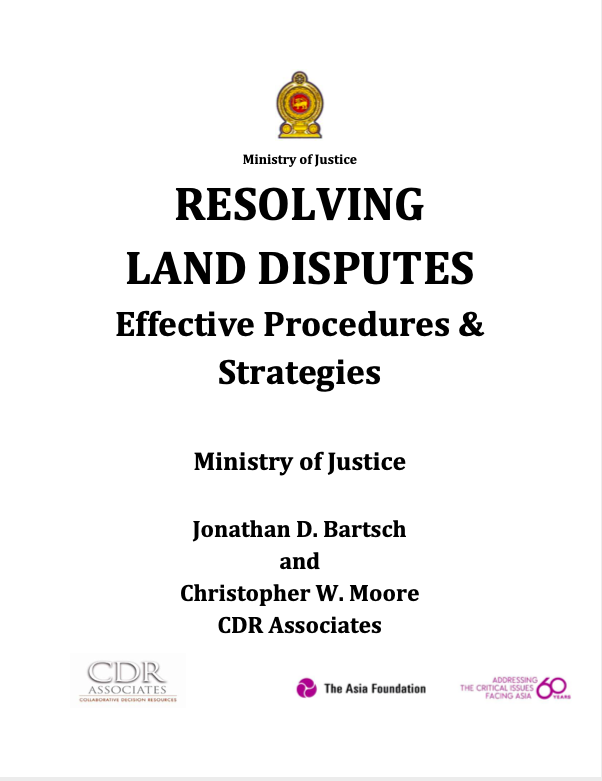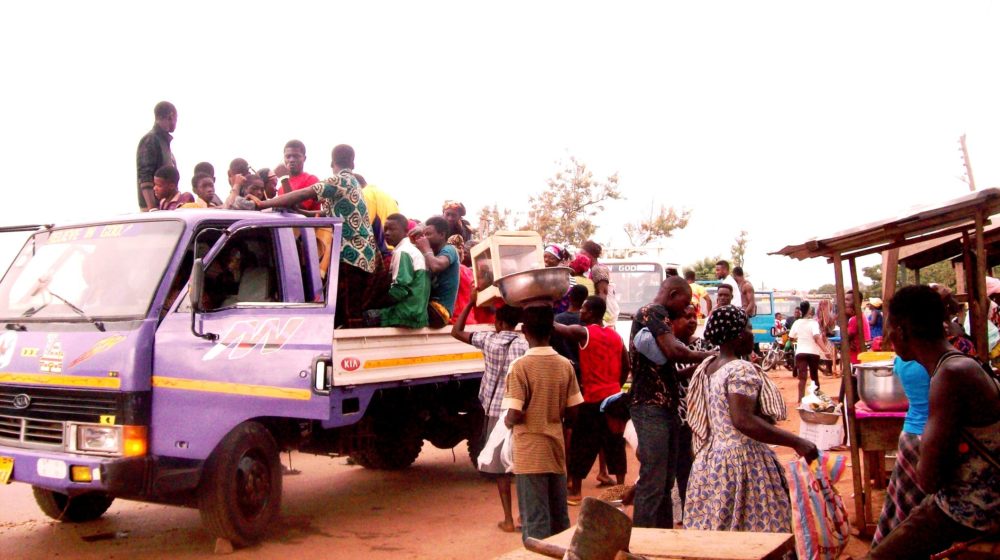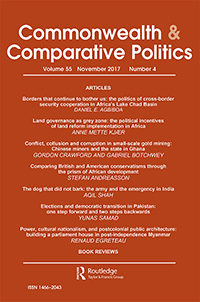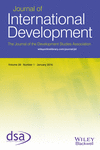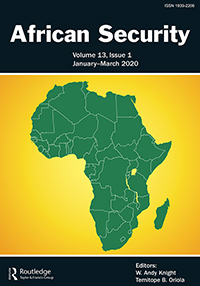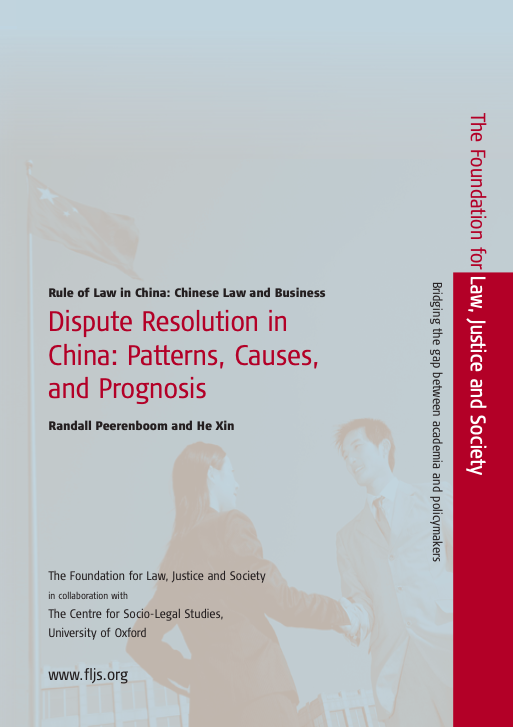Resolving Land Disputes
This manual outlines dispute resolution mechanisms, procedures and strategies that are or will be put in place by the Sri Lanka Ministry of Justice’s Special Mediation Boards (Land) to promote the resolution of a variety of housing, land and property disputes in the country. Sri Lanka has a long history and experience utilizing collaborative resolution methods to address a wide variety of disputes, and many recent positive experiences with mediation.

